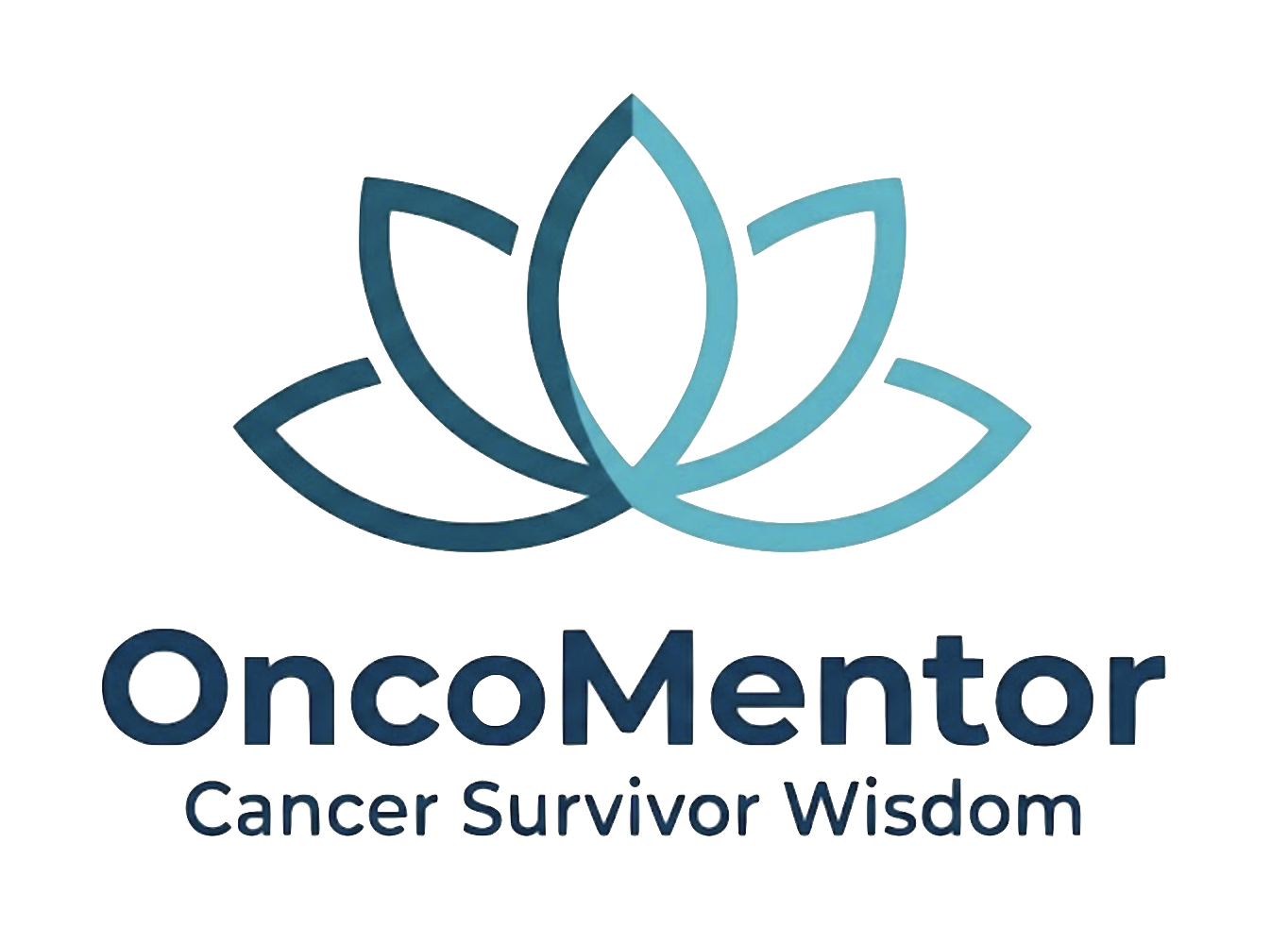Based on the landmark CHALLENGE trial, a structured, coached exercise program is now considered a scientifically-proven medical therapy that significantly reduces cancer recurrence and improves survival for colon cancer survivors.
For anyone who has walked the long road of cancer treatment, the day chemotherapy ends is less a finish line and more the start of a new, uncertain marathon. The drugs that saved your life have taken their toll, and the path forward is often shrouded in a fog of fatigue and fear. The question that echoes in the quiet moments is always the same: What can I do to keep it from coming back? For decades, the answers felt frustratingly vague. Doctors would offer sensible advice—eat well, try to stay active—but it often felt like a gentle suggestion rather than a core part of the battle plan. It was something you were encouraged to do, but it lacked the clinical urgency of a prescription or a scan.
That era of uncertainty is now officially over. A landmark clinical trial, the kind of rigorous, large-scale study that fundamentally changes medical practice, has provided the first-ever top-tier proof that a specific, structured exercise program can dramatically reduce the risk of recurrence and improve survival for colon cancer survivors. The results are so powerful that experts now have the scientific consensus to reframe physical activity entirely. It is no longer a lifestyle choice; it is an essential, evidence-based therapy, as critical to long-term survival as the treatments that came before it.
This breakthrough comes from a major international study called the CHALLENGE trial. For years, researchers had observed that cancer survivors who were more physically active seemed to do better, but they couldn't be sure if the exercise was the cause or if healthier people were simply more able to exercise. To get a definitive answer, scientists designed the gold standard of medical research: a randomized controlled trial. They enrolled nearly nine hundred patients with high-risk colon cancer who had just completed their post-surgery chemotherapy. Then, they were split into two groups. One group was given the standard health pamphlets encouraging a healthy lifestyle. The other group, however, was given a personal physical activity consultant and a three-year structured, coached exercise plan.
This is where the true revelation lies. The secret ingredient wasn't just the exercise itself, but the structure and support. Participants weren't just told to go for a walk. They were given a clear, personalized goal—to work up to about 45 to 60 minutes of brisk walking or a similar activity three to four times a week. They had a coach to help them overcome barriers, stay motivated, and make lasting changes. It was the difference between being handed a map and being given a personal guide for the journey.
The results, followed over nearly eight years, were nothing short of stunning. Those in the guided exercise program had a 28 percent lower risk of their cancer returning, developing a new cancer, or dying. To put that in real-world terms, after five years, about six more people out of every hundred in the exercise group were living completely free of disease compared to those who only got the pamphlets. Even more profoundly, the program led to a 37 percent reduction in the risk of death from any cause. This is a survival benefit that is on par with many powerful and expensive adjuvant drug therapies, yet it comes with side effects like better heart health, more energy, and improved mood.
Based on this powerful new evidence, we need to think about exercise in an entirely new way. Oncologists are now discussing it as a legitimate "systemic adjuvant therapy." That might sound like a mouthful of jargon, but the concept is simple and revolutionary. A systemic therapy is something that works throughout your entire body to create an environment that is hostile to cancer. Chemotherapy is a systemic therapy that uses chemicals. This new approach uses your body’s own biology.
When you engage in regular, brisk activity, you are essentially deploying a full-body defense system. You help balance metabolic growth factors and hormones that can act as fuel for cancer cells. You actively reduce the low-grade, chronic inflammation that can linger after treatment and encourage cancer growth. And you unleash your immune system, energizing the very cells that act as sentinels, hunting for and destroying rogue cells before they can establish a foothold. The fact that the exercise program also reduced the risk of brand-new cancers in the breast, prostate, and colon further proves its powerful, body-wide protective effects.
So, what is the actionable advice for a survivor reading this today? The prescription is clear, and it’s one you can help write for yourself. The goal validated by this landmark study is 150 minutes of moderate-intensity activity a week. That’s 30 minutes, five days a week, of movement that gets your heart rate up enough that you can talk, but not sing. A brisk walk is perfect. The second, and perhaps most crucial, piece of advice is to not go it alone. The CHALLENGE trial proved that support and structure are what make the difference.
Talk to your oncologist or primary care doctor. Ask for a referral to a physical therapist or a certified cancer exercise trainer who can help you get started safely. Look for survivor exercise programs at your local hospital or community center. Enlist a friend or family member to be your walking partner, creating the accountability that was so vital in the study. This isn't about becoming an elite athlete; it's about making a consistent, long-term investment in your health, with a guide to help you navigate. It’s about taking an active, powerful role in your future, armed with the knowledge that every step you take is a proven, therapeutic act in the ongoing fight for a long and healthy life.
This article is for informational purposes only and does not constitute medical advice. The content is not intended to be a substitute for professional medical advice, diagnosis, or treatment. Always seek the advice of your physician or another qualified health provider with any questions you may have regarding a medical condition. Never disregard professional medical advice or delay in seeking it because of something you have read in this article.
Original Paper: Courneya KS, Vardy JL, O'Callaghan CJ, et al. Structured Exercise after Adjuvant Chemotherapy for Colon Cancer. N Engl J Med. 2025. https://www.nejm.org/doi/10.1056/NEJMoa2502760





